In the world of table tennis, Tomokazu Harimoto is a name known in both China and Japan, carrying the label of a "naturalized player." Throughout his career, he has been accompanied by applause and doubts, as well as praise and mockery. Now, at a crossroads in his professional journey, Harimoto has once again caused a stir in public opinion. This time, it is due to his choice of mixed doubles partner and the subtle game of chess between him and the Japan Table Tennis Association (JTTA).

Surprisingly, Harimoto openly stated that he only wants to play mixed doubles with his sister. With such an attitude, where does this leave his long-time partner, Mima Ito?
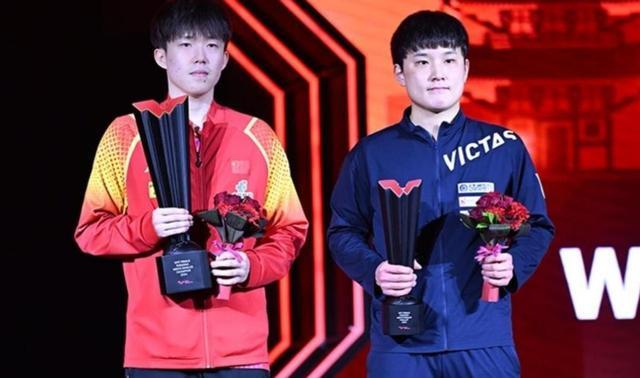
Publicly Setting Conditions for the JTTA

Harimoto is a top player in the Japanese table tennis scene, being the absolute mainstay of the men's singles team, with a world ranking that once reached as high as third, setting a new record for Japanese male table tennis. He has consecutively won the runner-up title in the men's singles event at the WTT Fukuoka Finals for three years. However, behind these dazzling achievements, Harimoto has experienced unknown hardships.
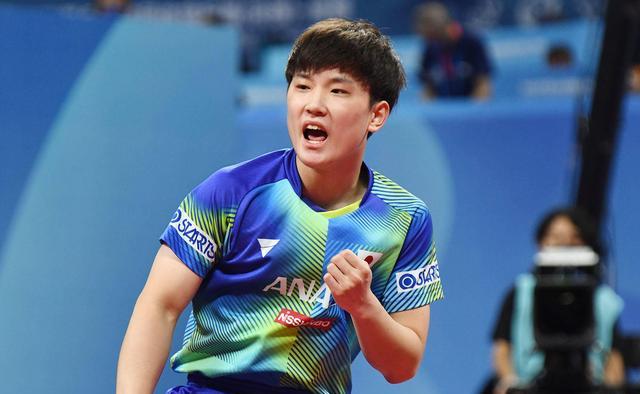
On the road to Olympic gold, formidable obstacles stand before him: Ma Long, Wang Chuqin, Fan Zhendong, and the rising star Lin Shidong from the powerful Chinese team. These challenges have made Harimoto's path to winning the singles title particularly difficult, with repeated defeats forcing him to reassess his career plan and ultimately shift his focus to the mixed doubles category.
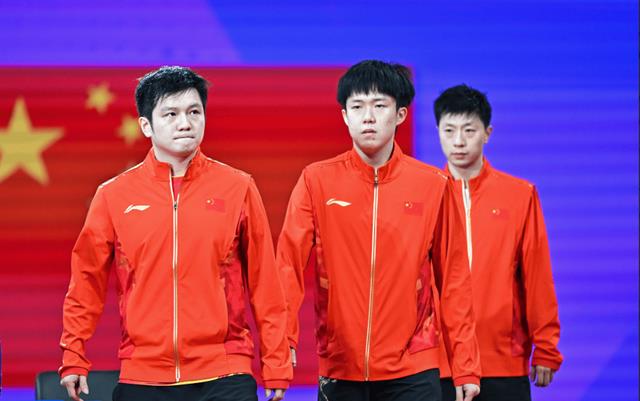
Mixed doubles, a relatively young format in the sport of table tennis, may offer Harimoto greater opportunities. At the 2020 Tokyo Olympics, Japanese players Jun Mizutani and Mima Ito teamed up to win the gold medal in mixed doubles, a significant achievement in Japanese table tennis history.

Harimoto's mixed doubles strategy drew valuable lessons from this, understanding that playing mixed doubles not only requires individual skill but also the ability of the male and female partners to cooperate effectively. Partnering with his sister, Hina Harimoto, who has trained together with him since childhood and knows each other inside out, is undoubtedly the best choice. The brother-sister bond and years of training experience give them a competitive edge on the mixed doubles court.

Such was his thinking, but no one expected Harimoto to directly express his thoughts in an interview. Regardless of his request, would the JTTA agree? Harimoto's decision has sparked a sensation, with the most attention focused on the rift in his relationship with Mima Ito.

Mima Ito, the "big sister" of the Japanese women's table tennis team, has partnered with Harimoto multiple times in international competitions, achieving remarkable results. They won the mixed doubles championship at the 2019 Austrian Open, the silver medal at the 2021 Houston World Table Tennis Championships, and several WTT Challenger and Star Contender titles.
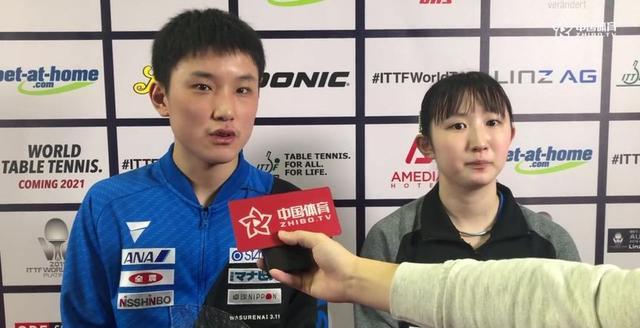
However, at the 2024 Paris Olympics, the pair, which had high hopes placed upon them, suffered a first-round exit, a surprising defeat that left many Japanese fans disappointed. After the match, Ito found it hard to accept the outcome, and her cold attitude towards Harimoto was evident. Rumors of discord between the two quickly spread online.

To many, failure as partners is a shared responsibility, not an individual's fault. Clearly, the mysterious atmosphere between the two suggests that perhaps their partnership as a golden duo will not last.
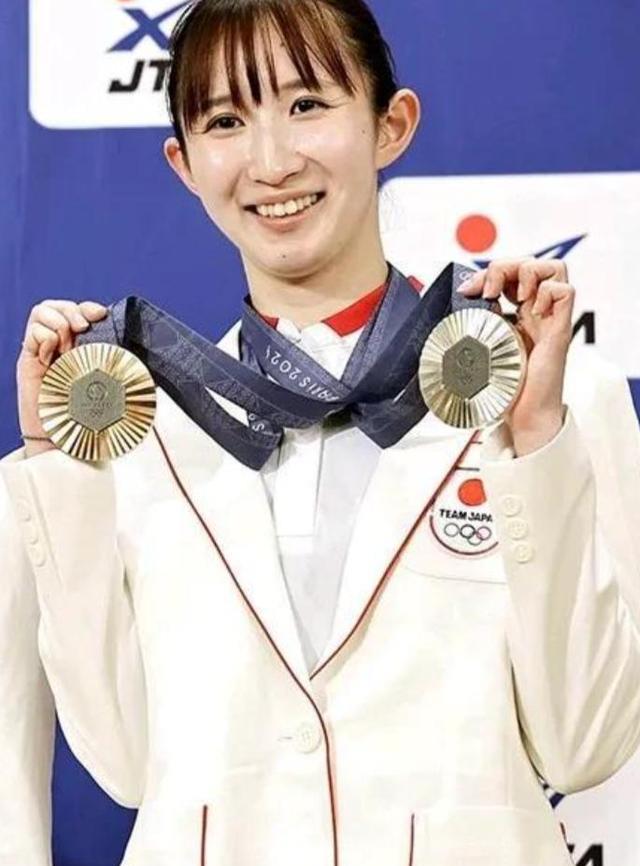
Choosing the timing of the WTT Fukuoka Finals, Harimoto openly called out to the JTTA, demanding to only partner with his sister Hina Harimoto. This move undoubtedly posed a challenge to the JTTA.
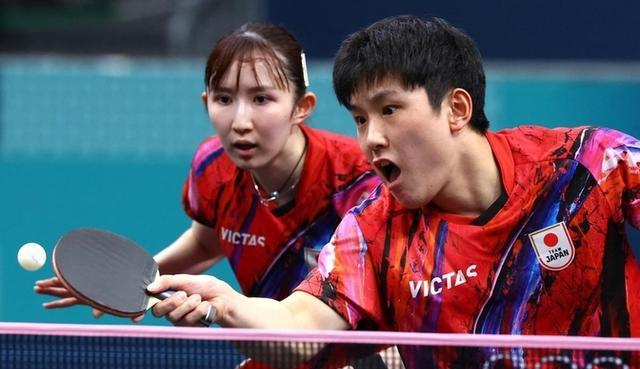
Many believe that his remarks are not only a public "slap in the face" to Mima Ito but also a challenge to the authority of the JTTA. The JTTA places great importance on the mixed doubles event, and Harimoto is a key player for Japan. Therefore, he chose to use "refusal to participate" as leverage to force the JTTA to make concessions.

This "soft but not hard" character and clear goal orientation are fully reflected in Harimoto's career.
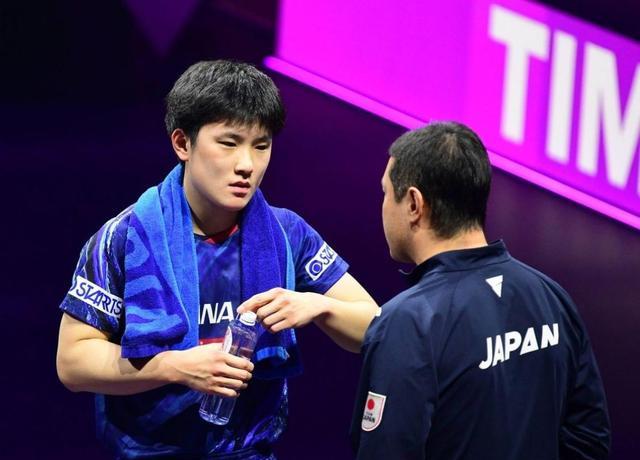
Harimoto's actions have placed the Japan Table Tennis Association in a dilemma. On the one hand, they need to respect Harimoto's personal wishes, as he is the core figure of the Japanese men's team. On the other hand, they must consider Ito's feelings and the overall interests of the team. The JTTA must find a way to satisfy individual desires without harming the team's benefits, and their decisions will directly affect the future direction of Japanese table tennis.

Rising New Star
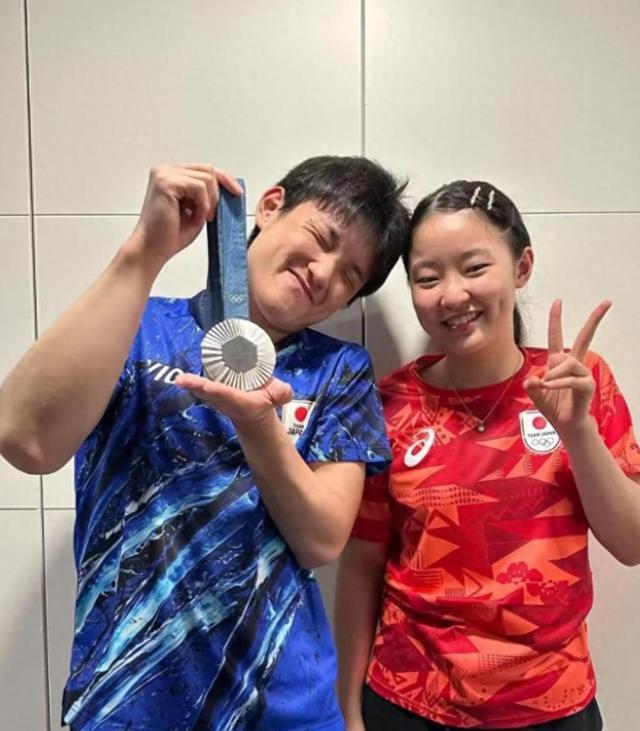
At the Asian Championships in October 2023, the name Hina Harimoto shook the Asian table tennis arena. This 16-year-old prodigy defeated Wang Yidi and Sun Yingsha of the Chinese team in the women's team final, helping the Japanese team win their first table tennis team championship in 50 years.

This victory not only made Japanese media exclaim "overcoming the high wall" but also transformed Hina Harimoto's name from "Tomokazu Harimoto's sister" into a rising star in Japanese table tennis.
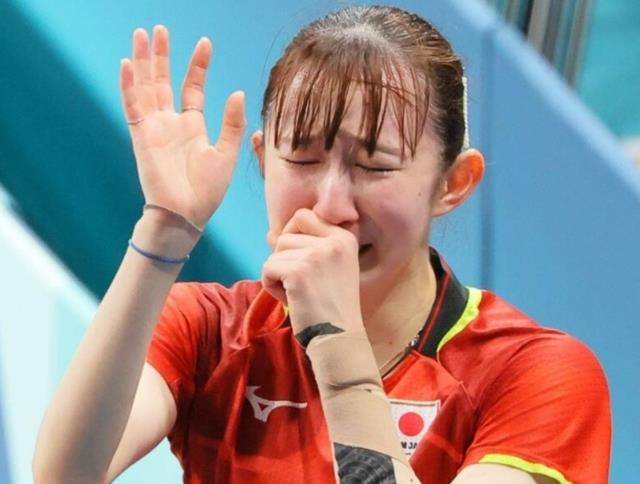
Hina Harimoto's success in table tennis is largely due to the solid foundation provided by her family environment. As a Chinese national, she later chose to renounce her Chinese citizenship to become a naturalized Japanese player. This unique experience has also drawn attention to the Harimoto siblings in both China and Japan.

The emergence of Hina Harimoto and her subsequent display of table tennis talent have given the JTTA more options in their mixed doubles layout. If Tomokazu Harimoto insists on partnering only with his sister, Hina Harimoto's outstanding performance will undoubtedly enhance Japan's competitiveness in the mixed doubles category.
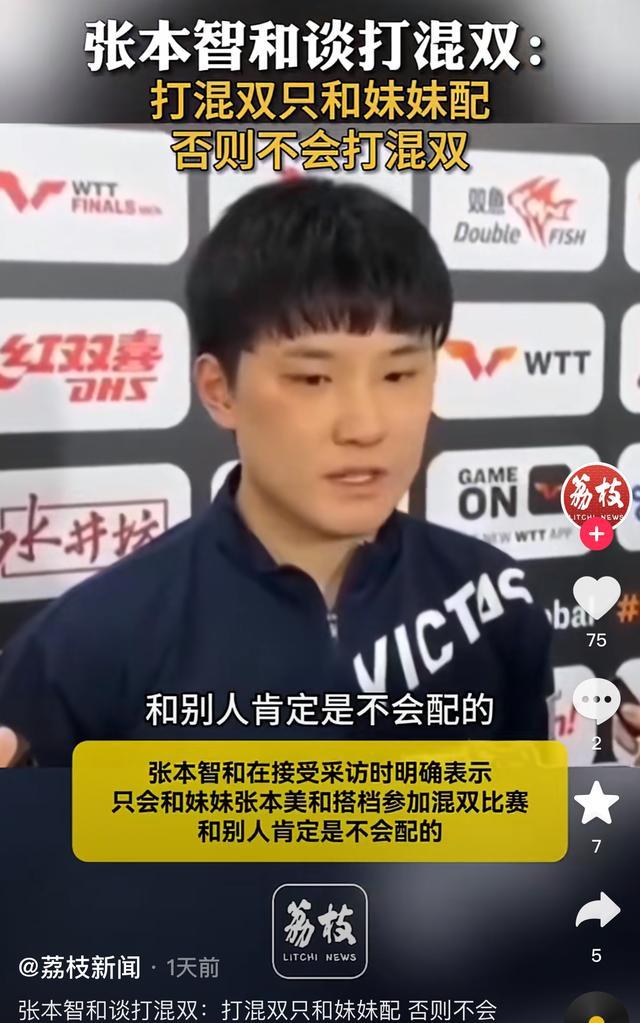
For Mima Ito, the rise of Hina Harimoto means even greater challenges. She needs to recover quickly from her injuries and improve her competitive form to maintain her position within the Japanese women's team.
The "threat" from Tomokazu Harimoto and the rise of Hina Harimoto have filled the future of Japanese table tennis with uncertainties. How the JTTA will respond to these challenges and how their decisions will influence the future development of Japanese table tennis is something we all look forward to seeing.
Furthermore, the prospects for the Chinese and Japanese table tennis worlds face both challenges and opportunities. The two teams will continue to engage in fierce competition on the court, bringing more exciting matches to the audience. We hope to see more young talents emerge, along with fresh tactics and techniques, to inject new blood into the sport of table tennis.